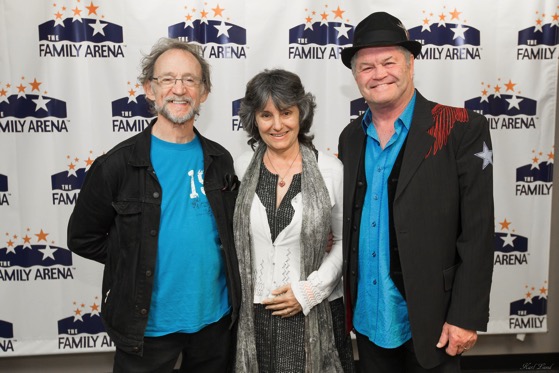Wondering who and what are covered in When Women Write Hollywood? Take a look at this Index to find out! Then, get your copy today!
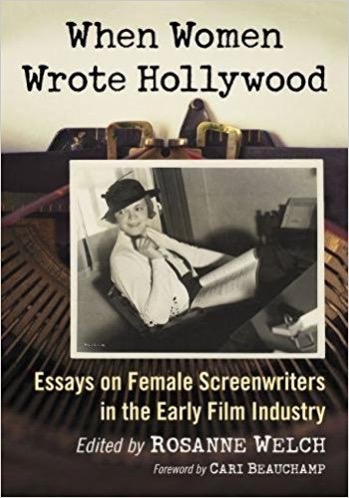
INDEX for When Women Wrote Hollywood
39 Steps, The 168
Academy Awards 2, 9, 15, 17, 58, 61, 153, 175, 177, 180-181, 188, 205, 209
Academy of Motion Picture Arts and Sciences 5-6, 25, 58
Actress, The 208
Adam’s Rib 9, 205-207, 211-212, 215
After The Thin Man 144
Akins, Zoë 9, 183-191
Alas and Alack 134
Alcott, Louisa May 9
Algonquin Round Table, The 18, 159, 208
All for Peggy 135
Anastasia, Czarina 194
Angle Shooter 14
Arizona 179
Arzner, Dorothy 14, 188
Astor, Mary 61
Back in Circulation 14
Ball, Lucille 147
Barrymore, Ethel 187
Barrymore, John 60-62, 73
Barrymore, Lionel 15
Beauchamp, Cari 1, 4-5, 32, 40, 105-106, 114
Belasco, David 81-82
Ben-Hur (1924) 7, 57-58, 60-61, 102, 112-113
Beranger, Clara 8, 121, 125-132
Bergman, Ingrid 197
Big House, The 2
Biograph Studios 24, 38, 56-57, 113
Blaché, Alice Guy 6, 33, 47-55
Blaché, Herbert 47, 52, 54
Blacklist 8, 67, 164, 192
Blood and Sand 7, 97, 99-101
Blot, The 109
Bogart, Humphrey 142
Born Yesterday 209=210
Bow, Clara 7, 65-67, 80-81, 84, 89
Boy Meets Girl 195
Brackett, Charles 184
Brawn of the North 202
Cabbage Fairy, The 51
Camille (1921) 7, 99, 101-102, 188
Campbell, Alan 160-164
Capra, Frank 145-146, 196
Captain January (1924) 84
Careers for Women 137-138
Casablanca 58, 149, 171
Cather, Willa 185
Cat’s Meow, The 90
Champ, The 2, 18, 200
Chaney, Lon 80, 83, 118, 122, 133-134
Chaplin, Charlie 5, 71, 74, 91, 99
Chatterton, Ruth 188
Cheat, The 28, 30-32
Children’s Hour, The 8, 151
Christopher Strong 189
Cleopatra (1934) 25
Consequences of Feminism, The 53
Corbaley, Kate 2, 120
Crawford, Joan 11
Cukor, George 17, 44-45, 180-181, 203, 205-206, 209, 212
Curtiz, Michael 58-60
Dance Madness 65
Dark Star 8, 120
Davenport, Dorothy 14, 121
Davies, Marion 2, 41, 91
Davis, Bette 203
de Mille, Richard 120-122, 128-129
de Mille, William C. 8, 65, 71-72, 81, 121-122, 126-129, 132
DeMille, Cecil B. 1-2, 6, 20, 24-31, 65, 81, 83, 104, 110, 118, 122, 129
Death and Taxes 157
Dialogue for a Horse 194
Diary of Anne Frank, The 8, 145, 147-148, 214
Don Juan 61
Doorways in Drumorty 8, 119
Double Life, A 205
Dr. Jekyll and Mr. Hyde (1920) 126, 128
Dramatists Guild, The 143
Dressler, Marie 2, 13, 120, 187
Drunken Mattress, The 51
Dynamite 31-32
Earhart, Amelia 12
Easter Parade 146
Edison Company 20, 24
Edison, Thomas Alva 50
Emerson, John 28, 39-40, 43-45
Enough Rope 160
Ephron, Nora 154-155
Epstein, Julius 149
Esquire Magazine 164
Fairbanks, Douglas 1, 5, 27, 38, 40, 178-179
Fairfax, Marion 7, 69-79
Famous Players Lasky 25-26, 70-71, 76, 80, 82-83, 89, 126, 168, 176
Father of the Bride (1949) 146
Father’s Little Dividend (1951) 146
Ferber, Edna 159
Final Verdict 15
First National 72, 74-75, 176
Fitzgerald, F. Scott 9, 43, 203
Fonda, Jane 154
Fontaine, Joan 169-170, 172
Fool and His Money, The 53
Foreign Correspondent 171
Four Horsemen of the Apocalypse 1, 7, 98-100
Free Soul 15
From the Manger to the Cross 8, 114
Garbo, Greta 2, 15, 58, 61, 121, 188
Garland, Judy 146
Gaumont Company 50-51, 54
Gaumont, Léon 6, 48-49, 51-52
Gauntier, Gene 8, 112-116, 121
Gentlemen Prefer Blondes 1, 6, 35, 42-43, 65
Girl Like I, A 37, 42, 45
Gish, Lillian 2, 37
Glyn, Elinor 7, 88-94
Godless Girl, The 30
Goodrich, Frances 8, 140-150
Gordon, Ruth 9, 205-216
Grable, Betty 67
Grant, Cary 172, 195
Great Moment, The 88
Greeks Had A Word for It, The 187-188
Griffith, D. W. 5, 20, 24, 37-39, 51, 56, 83, 104, 106-107, 110
Hackett, Albert 8, 140-150
Hammett, Dashiell 143, 152, 155, 162
Hand That Rocks, The 106
Harlow, Jean 1, 44
Harrison, Joan 9, 161, 166-174
Hart, Moss 145
Hayakawa, Sessue 71
Hayes, Helen 45
Hays Code 44, 61, 151, 172, 194-195
Hearst, William Randolph 12-13, 90-91
Heckerling, Amy 137
Heerman, Victor 9, 175-182
Hellman, Lillian 8-9, 147, 149, 151-156, 161-162, 190
Hepburn, Audrey 148
Hepburn, Katharine 8, 181, 188-189, 197, 203, 207, 209, 211
Hidden Way, The 134, 136-137
His Double Life (1930) 129
His Girl Friday 12, 172
His Picture In The Papers 39
Hitchcock, Alfred 9, 82, 161, 166, 168-169, 171-172, 174
Honeycomb, The 12, 16, 18
Hopper, Hedda 2, 166-167
House Un-American Activities Committee (HUAC) 8, 150, 154, 156, 162, 197
How to Marry a Millionaire 188
Ince, Thomas 38, 90, 106, 178
Interpretations 184
Intolerance 39, 106
It 66, 88, 91
It’s A Wonderful Life 8, 145-146
Jamaica Inn 169
Johnson, Nunnally 147
Julia 154
Kalem Company, The 113
Kanin, Garson 9, 140, 147-148, 205-216
Keaton, Buster 101
Kelly, Gene 146, 194
Kennedy, John F. 27
Kid, The 99
King of Kings, The 20, 26
Kiss Hollywood Good-by 45
Kiss Me, Kate 194
Lady in the Dark 145
Lady of the Night 15
Laemmle, Carl 65, 108
Lasky, Jesse 82, 88
Leave It To Me 194
Lilies of the Field 75
Little American, The 30
Little Foxes, The 8, 152, 161
Little Women (1933) 9, 176-177, 180-181
Lois Weber Productions 108-109
Long, Long Trailer, The 147
Loos, Anita 1, 3, 5-6, 35-45, 65, 67, 89, 97, 188, 202
Los Angeles Times 20, 33, 173
Lost World, The 73, 75
Love, Laughter, and Tears: My Hollywood Story 11, 16, 18
Loy, Myrna 143, 155
Luce, Clare Booth 44
Lying Truth, The 73-74
Maas, Ernest 66
Maas, Frederica Sagor 7, 63-68, 84
Macpherson, Jeanie 1, 6, 20-33, 57-58, 97, 118
Madame’s Cravings 51
Male and Female 28, 30, 32, 118
Marion Fairfax Production 72, 74
Marion, Frances 1-5, 16-18, 40, 88, 91, 97, 105-106, 120-121, 123, 178, 188, 200, 203
Marrying Kind, The 205, 213-214
Marshall Neilan Productions 72-73
Marx Brothers, The 9
Mason, Sarah Y. 9, 175-182
Mathis, June 1, 7, 95-103
May, Elaine 207
Mayer, Louis B. 2, 5
Medicine Man, The 85
Mencken, H. L. 41, 43
Meredyth, Bess 7, 25, 56-62, 203
Metro Goldwyn Mayer (MGM) 1-2, 25, 43, 57-58, 60, 88, 142, 147, 160-161, 177, 190, 202-203, 210-212
Min and Bill 120-121
Minelli, Vincent 146-147
Minter, Mary Miles 27
Miss Fane’s Baby Is Stolen 14
Miss Lulu Bett 126-127
Moon, Lorna 8, 117-124
Murfin, Jane 9, 17, 200-204
Murray, Mae 66
My Favorite Wife 195
My Side 209, 213
Mystery of the Leaping Fish 39
Neilan, Marshall 74, 178
New York Hat, The 37
New York Times 14, 35, 95, 193, 200, 202, 207, 213
New Yorker, The 160, 206
Noah’s Ark 58
Normand, Mabel 11, 16
Old Love For New 14
Old Maid, The 190
Old Wives For New 31
Only A Fireman’s Bride 38
Over Twenty-One 210
Paramount Studios 26, 66, 71, 80, 121, 142, 145, 190
Park, Ida May 8, 77, 133-139
Parker, Dorothy 9, 157-165
Parsons, Louella 128
Pat and Mike 205-207, 212-213
Pathé 25, 133
Phantom Lady 173
Philadelphia Story, The 210
Photoplay 1, 3, 13, 22-23, 39, 137
Pickford, Mary 2, 5, 25, 27, 30, 37, 73, 80, 82, 88, 97, 178
Pirate, The 146
Pitts, ZaSu 2, 178-179, 187
Plastic Age, The 65, 81, 84
Poor Little Rich Girl 2
Poor Simp, The 177-178
Powell, William 140, 195
Price of Silence, The 136
Pulitzer Prize 8-9, 18, 148, 151-152, 183, 190, 194
RKO Pictures 172, 176, 180-181, 201, 203, 209
Reason Why, The 92, 94
Rebecca 169, 172
Red Headed Woman 43-44
Redgrave, Vanessa 154
Reid, Wallace 14
Rex Motion Picture Company 133
Roaring Road, The 71, 73
Rogers, Ginger 145, 148, 203
Rolled Stockings 66
Rosemary’s Baby 9
Russell, Rosalind 13
Saboteur 173
Samson and Delilah 63
San Francisco 45
Saphead, The 101
Schulberg, B.P. 65, 80, 83-84
Screen Writers Guild 1, 143, 145-146, 162, 203
Sea Beast, The 60
Selznick, David O. 17, 169, 176, 178, 181, 189
Sennett, Mack 38, 176
Shady Lady 208
Shearer, Norma 15, 66-67, 202
Sherlock Holmes 73
Shocking Miss Pilgrim, The 66-67
Single Standard, The 15
Skyrocket, The 17-18
Smalley, Phillip 106, 133
Smart Woman 15
Smilin’ Through 202
Solax Studios 52, 54
Some Are Born Great 18
Spewack, Bella 9, 192-199
Spewack, Sam 9, 192-199
St. Johns, Adela Rogers 2, 5-6, 9, 11-18, 67, 98, 200
Star is Born, A (1937) 9, 18, 161
Stevens, George 148
Stewart, Jimmy 144
Stromberg, Hunt 144, 203
Strongheart 9, 200, 202
Such Men Are Dangerous 90
Suspense 107
Suspicion 171-172
Swanson, Gloria 13, 28, 30, 32
Talmadge, Constance 41
Talmadge, Norma 202
Tarzan’s Romance 57
Taylor, William Desmond 11
Ten Commandments, The (1923) 20, 26
Thalberg, Irving 1-2, 43-44, 58, 61, 66, 144
Thin Man, The 8, 143-144, 155
Three Weeks 88, 92
Tiffany Pictures 66
Tony Award 194
Triangle Films 38
True Glory, The 209
Twentieth Century-Fox 148
United Artists 5
Universal Studios 20, 24-25, 57, 107-108, 133-134, 137
Unsell, Eve 7, 77, 80-87
Up Pops The Devil 142, 144
Valentino, Rudolph 1, 60, 97-98, 100
Variety 17, 74, 82, 176-177, 180-181
Vidor, King 88, 178
Vitagraph 201
Walt Disney Studios, The 138
Warner Bros. Studios 138, 190
Warner, Jack 5
Weber, Lois 2-3, 8, 104-111, 133-134
Welcome to Britain, A 195-196
Wharton, Edith 189-190
What Price Hollywood? 9, 17, 200, 203
Whispering Chorus, The 29
Wilder, Thornton 207-208, 214
Wilson, Carey 65
Winchell, Walter 12
Woman of Affairs, A 58, 61
Women, The 44, 45, 202-203
Wonder of Women 58
Woollcott, Alexander 159, 208
Writers Guild of America 7, 65, 71, 84, 147, 203
Writing for the Screen 130-131
yellow peril 7, 83
Zukor, Adolph 27, 82
Buy a signed copy of when Women Write Hollywood
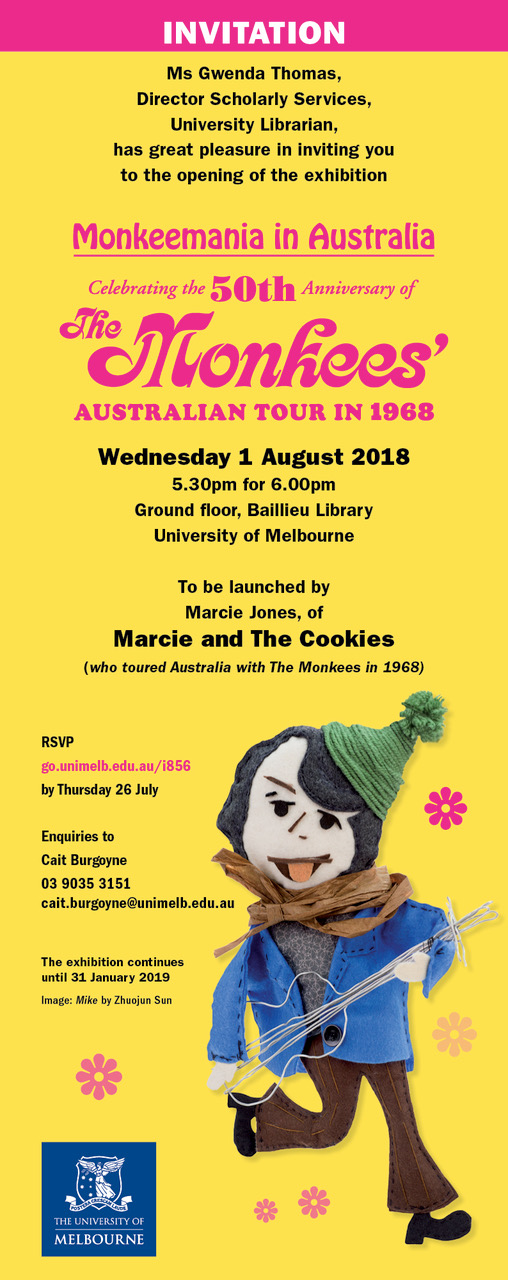




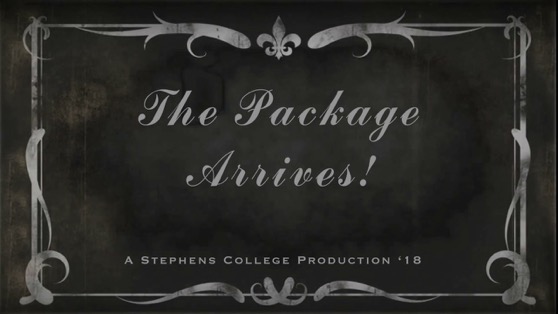



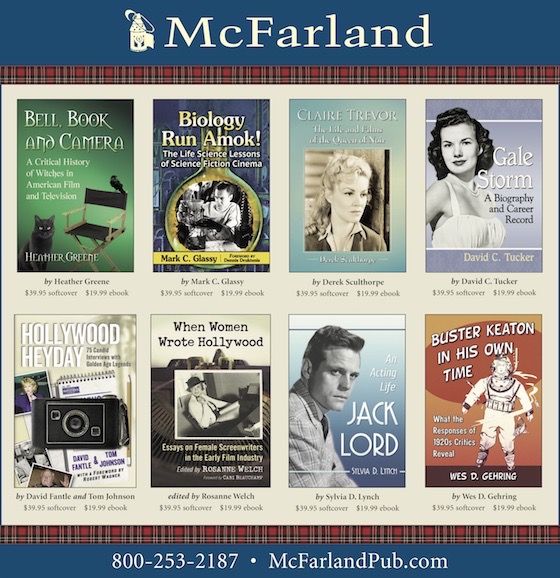

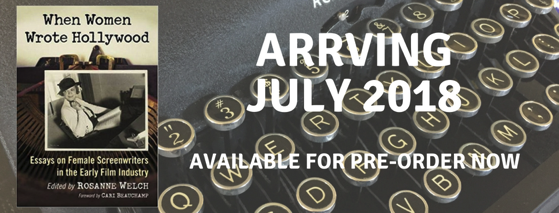



![Dr. Rosanne Welch presents at Cal Poly Pomona’s Golden Leaves Presentation [Video] (5:21)](https://rosannewelch.com/wp-content/uploads/2018/04/rmw-golden-leaves-2018.jpeg)


